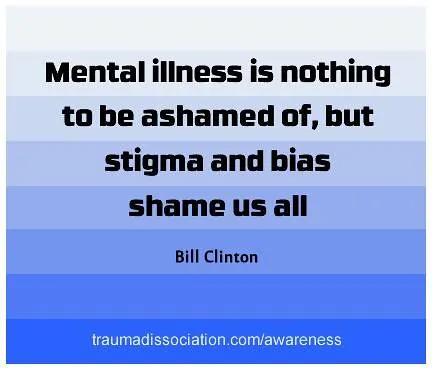Mental illness is often mentioned, but it is rarely confronted. When an arm is paralysed, we feel sorry for the victim and we help him get well. But when it is the nerve in the brain that is paralysed, we feel indifferent and we avoid them as much as possible, like they are hideous, full of disgust and plagues.
There is more truth to this in the issue of depression. Most people believe that depression is a character defect or a moral problem despite scientific evidence saying it is a legitimate disease that needs to be treated. But people who are suffering from depression refuse to confront the problem, and this refusal reaches an extreme when the issue becomes suicide. Having a family member who has attempted or completed a suicide is viewed as a disgrace or as a form of immorality. The one who died is seen as a coward, while the ones left behind are perceived as uncaring. This predominant attitude misses the point that there is a clinical component to the problem, and experiencing depression and entertaining thoughts of suicide may not necessarily be the patient’s or his or her family’s fault.
This negative and generally ill-informed view of depression extends to the practice of psychiatry – people think that the only time to see a psychiatrist is when one is insane. Psychiatrists are always being related to mental illness, when they are there not just to treat mental illness but to ensure mental health. One does not need to be mentally ill to see them. Mental health is an important component of the general health of the people so therefore it has to be protected the way the heart, the brain, the bones, and other parts of the body are protected.

Source


